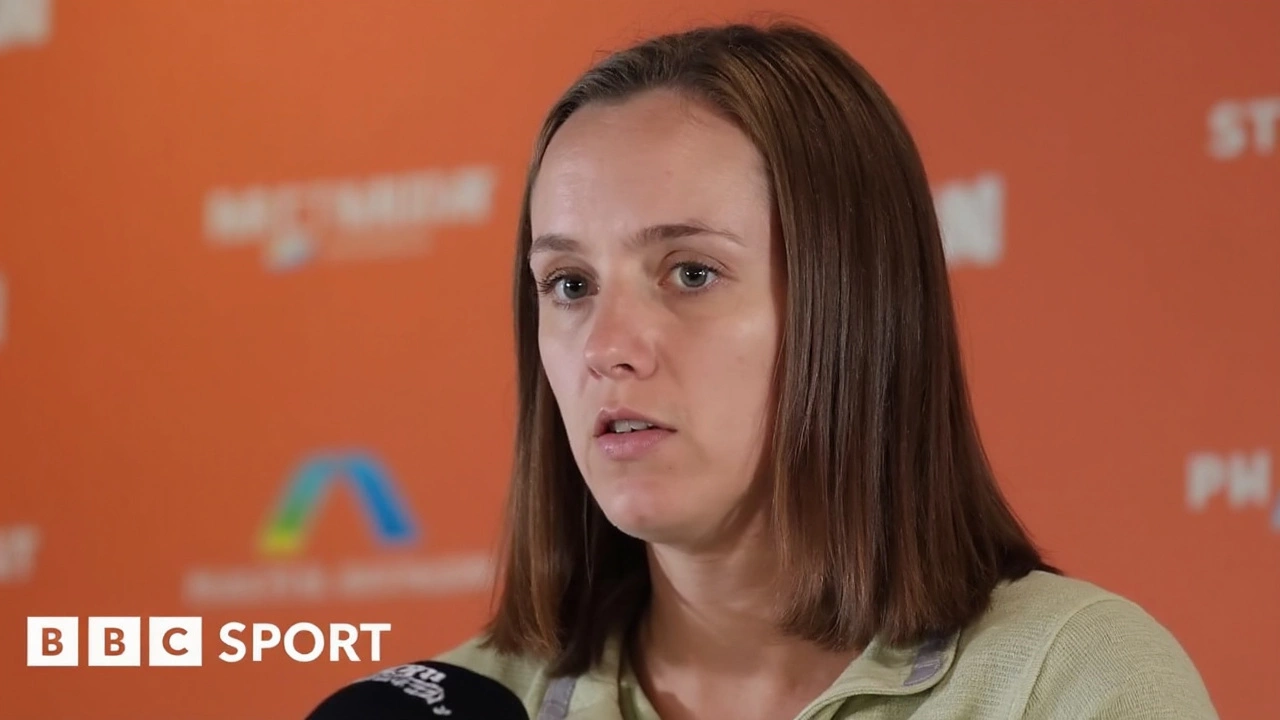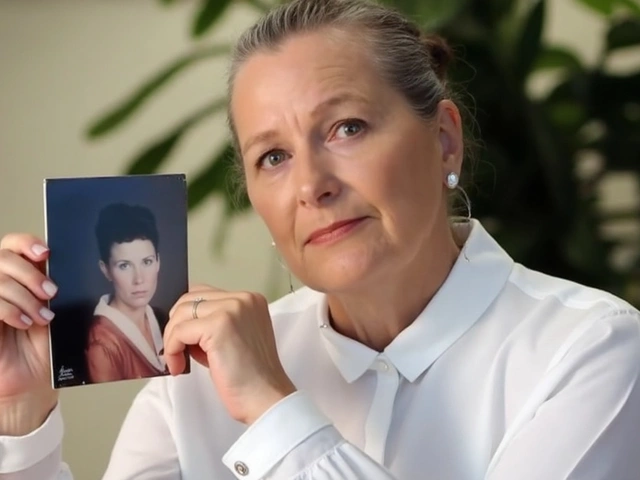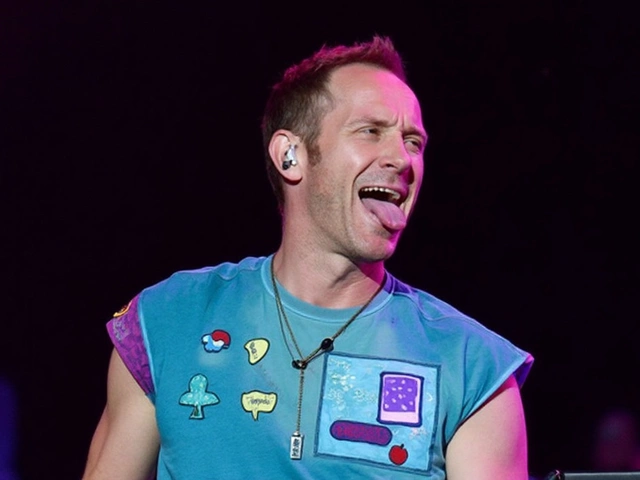Iga Świątek Endures Abuse at Miami Open: A Growing Threat for Tennis Stars
What started as a routine practice for World No. 2 Iga Świątek at the Miami Open on March 22, 2025, morphed into a tense showdown off the court. An aggressive spectator, already known for sending derogatory online messages, crossed the digital divide and hurled personal insults at Świątek, even dragging her family into the tirade. Świątek’s entourage wasted no time—they immediately alerted authorities, and the incident left everyone in her camp unsettled. With online trolling morphing into real-world confrontation, tennis is facing uncomfortable questions it hasn’t quite answered yet.
The Miami Open organizers sprang into action. Security staff upped their patrol around Świątek, especially before her quarterfinal clash with 19-year-old wildcard Alexandra Eala. Extra personnel, restricted access in her vicinity, and relentless sweeps of the stands became the new normal. Still, Świątek tried to keep her focus. Despite the extra tension, she dismissed the idea that the harassment rattled her performance, candidly blaming “too many unforced errors” for her shock exit at the hands of Eala—a result that sent ripples through the tennis world.
Security Concerns on the Rise for Female Tennis Players
Świątek’s ordeal is unsettlingly familiar for tennis insiders. Just a few weeks earlier, Emma Raducanu experienced a similar scare at the Dubai Championships, with a disruptive fan forcing officials to temporarily pause the match. Incidents like these aren’t just isolated blips—they’re symptoms of a growing vulnerability faced by female athletes in the public spotlight.
Tennis governing bodies haven’t been idle. The Women’s Tennis Association quickly condemned the Miami incident, promising to “champion the safety of its players both online and onsite.” The Miami Open’s tournament staff responded by reviewing entry protocols and looking at long-term upgrades to their player protection policies, knowing all eyes were now on them.
For Świątek and her team, this wasn’t just about heckling or sideline jeers. They drew a stark line between the nasty comments that fester anonymously online and what happens when a person emboldened by that virtual hate shows up in the flesh. Representatives pushed for tournaments to take a harsher stance on abusive fans: more bans, faster ejections, and closer monitoring of known troublemakers. As online hate spills into stadiums, players like Świątek are urging tennis to catch up before things get even worse.
If there’s one thing that’s become clear, it’s that the hazards for top tennis stars aren’t just about tough opponents across the net—they’re just as real in the stands, lurking where no one wears a uniform.







Write a comment